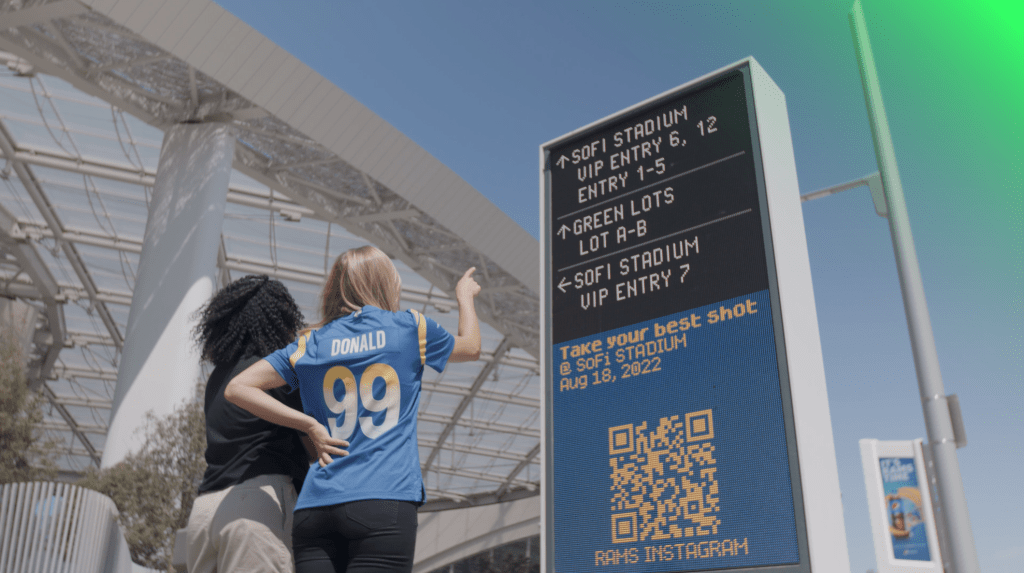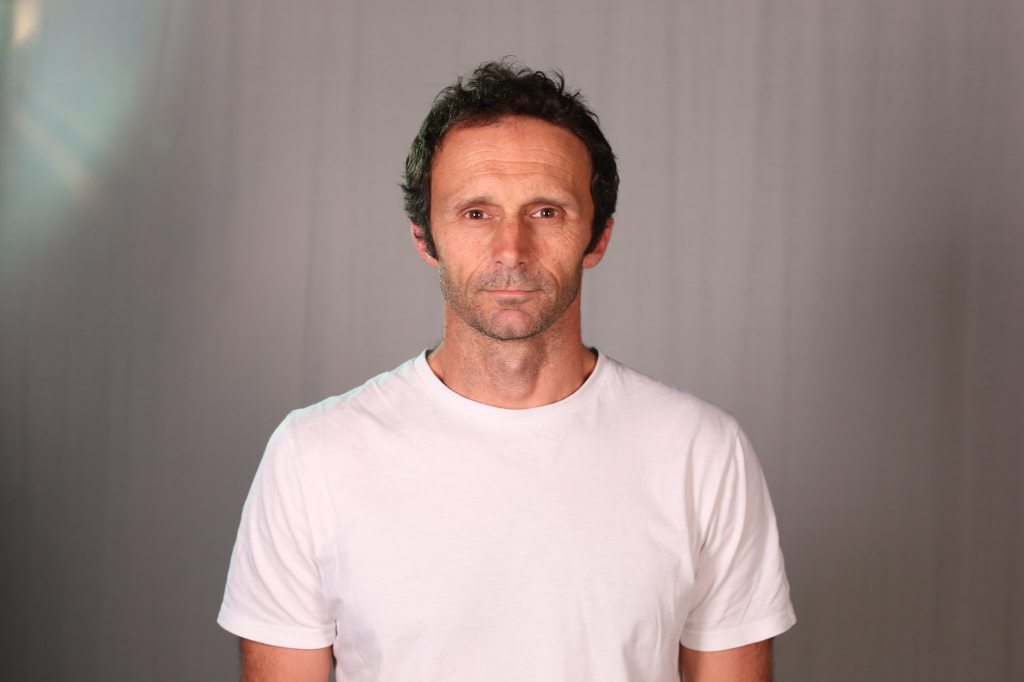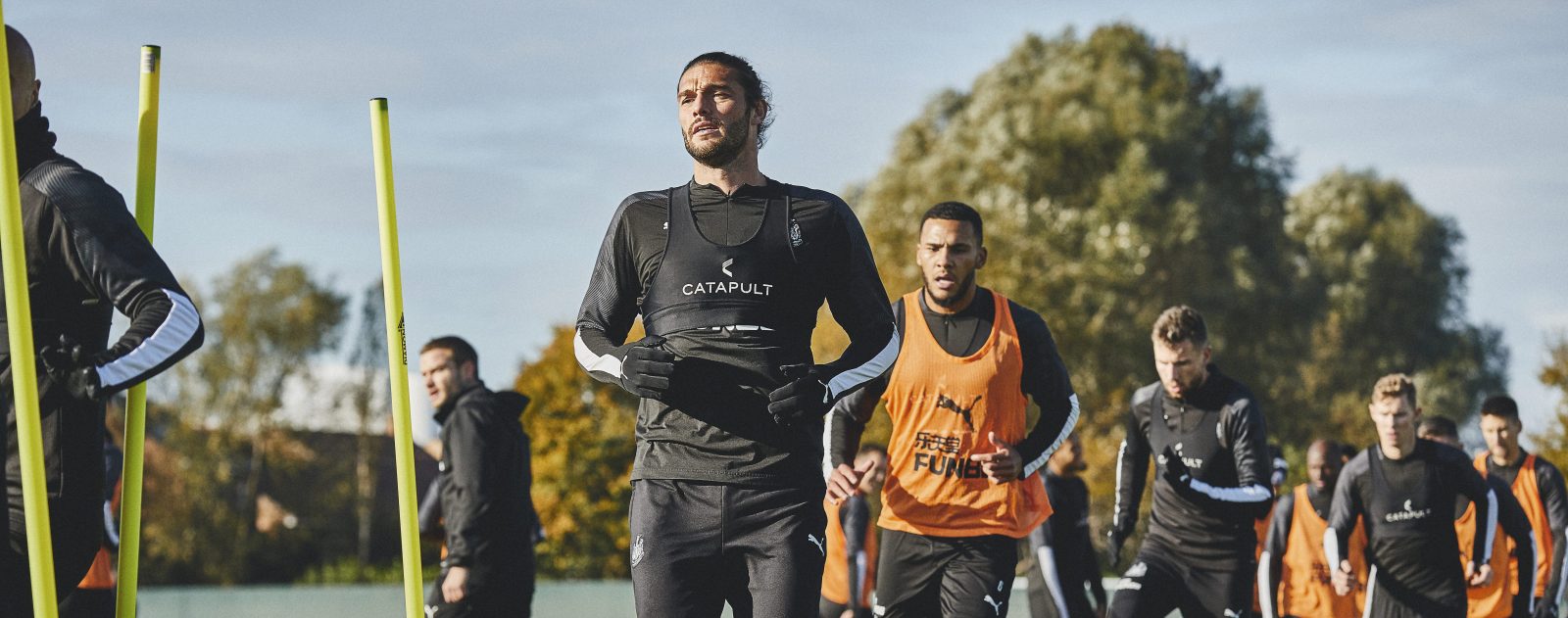Tennis Australia has revealed its AO Startups incubator has accepted its mid-year intake. Among the seven global start-ups accepted into the program is one Australian business, digital wayfinder PAM. Forbes Australia meets the founder.

Tennis Australia’s start-up incubator, AO StartUps, has announced its mid-year intake, with the start-ups accepted set to pilot their technologies during the 2024 summer tennis season.
This is the second intake of the incubator, which is led by Tennis Australia’s innovation team and follows the launch of the association’s venture capital funds Wildcard Ventures and AO Ventures.
The portfolio consists of UK start-ups Raven and Trickshot, an AI-driven incident management platform and an immersive digital experience platform respectively; and North America-based Stringr, a mobile app that connects tennis players with local racquet stringers on-demand and DVOX, a live-stream audio content platform respectively. There’s Germany’s Straffr, a science-led functional fitness equipment brand; and France’s Circular, the developer of a smart ring that’s assisted by conversational AI.
Then there’s PAM: an Australian digital wayfinder accepted into the fold.
Founded by Stephen Minning, PAM (which stands for Prescriptive Asset Management) began as a 20-year-old thought bubble back when Minning was working in advertising, that took shape with the introduction of Google Maps. Back in the big leagues of London and Dubai, Minning realised large property owners faced a problem: wayfinding.

There was no handshake between the built environment and those that walked through it, but he knew digital technology could solve the problem. Google Maps was good – but Minning believed he could improve the user experience and even integrate it into the development of commercial properties.
In fact, PAM’s smart navigation tool was introduced early into the build of the SoFi Stadium and Hollywood Park, home to the LA Chargers and the Super Bowl LVI, to plan the wayfinding to help manage traffic and crowds.

“There’s nothing more frustrating than trying to find what you want and time running out,” Minning says. “Travellers, shoppers, fans, students, corporate and medical campus, complex and intimidating, you’ve been there. However you need to invest in learning and managing several content management tools to cover the whole UX from connecting customers with a message, then deciding to act on it then redeeming the promise at a location.”
Startups in venue management and fan engagement continue to attract a lot of attention in the event space, while applications of AI are as prolific in sport and entertainment as they are in other verticals.”
Dr Marchar Reid, head of innovation, Tennis Australia
Under the wing of the AO incubator, Minning hopes to help Tennis Australia build a virtual environment to help fans get around.
“The Melbourne Olympic park is a complex environment and we are making it more intuitive to navigate,” he says. “The AO is a very cool brand and a much-loved event. We are working with the team at Tennis Australia to solve lots of unresolved use cases, create an even more enjoyable and inclusive experience and make tennis even more accessible to everyone.”
The goal is ultimately to be the smart navigation platform of choice.
Dr Marchar Reid, who is the head of innovation at Tennis Australia, says sports-tech is having its day.

“Startups in venue management and fan engagement continue to attract a lot of attention in the event space, while applications of AI are as prolific in sport and entertainment as they are in other verticals,” Dr Reid says.
In Australia, the sports-tech sector is worth $4.25 billion – equal in value to the nation’s fintech sector – the Australian Sports Technologies Network reports. Today, there are 758 companies operating in the sector, up nearly 12% in the last decade from 284.
AO Startups is more so about providing these startups, who are being driven by some really hard-working and inspirational founders, with a platform to pilot their innovative tech and leverage the network of one of the leading sports brands in the world.”
Dr Marchar Reid, head of innovation, Tennis Australia
Globally, the sports-tech industry is slated to be worth US$103 billion by 2030, growing at a compound annual growth rate of 17.2%. In the US alone, US$10 billion in funding has flowed into the sector in the last two years.
It’s worth noting that AO Startups doesn’t invest in the portfolio companies immediately – although, Dr Reid says that the ambition is to fund them via Tennis Australia’s venture funds in time.
“AO Startups is more so about providing these startups, who are being driven by some really hard-working and inspirational founders, with a platform to pilot their innovative tech and leverage the network of one of the leading sports brands in the world,” he says.
The team identifies its start-ups by first surfacing opportunities for innovation across Tennis Australia and then identifying the start-ups that can help make them happen.
Related
“Of course, in doing so we can unearth opportunities that we mightn’t have even known existed,” he says. “And then it’s just a matter of the business being courageous enough to grab those opportunities and bring them to life.”
Natalie Flynn’s Equidi and James Waldie’s Cape Bionics were part of the incubator’s portfolio earlier this year. Both Australian-founded start-ups, they say the experience presented them with new business opportunities.
Flynn’s Equidi aims to close the gender pay gap in sports through a single dashboard integrated with Tennis Australia’s IT system. It enables real-time visibility and responsiveness over pay gaps.
“As a B2B supplier, equidi has greatly benefited from the audience and reach of an organisation like Tennis Australia, particularly around the time of the Australian Open, ” Flynn says. “This association also offers equidi a level of credibility and trust – which are key when you’re trying to gain traction in the market.”
For Waldie’s Cape Bionics, which supplies teams across Australia and the US with astronaut-grade compression for athletes, says players wore the company’s garments at the Australian Open, French Open and Wimbledon.
“We’ve been directly introduced to a number of professional teams in Australia and internationally to help expand our customer base,” he says. “AO Startups has also been a great showcase for further investment and growth through Wildcard Ventures.”
Look back on the week that was with hand-picked articles from Australia and around the world. Sign up to the Forbes Australia newsletter here or become a member here.




